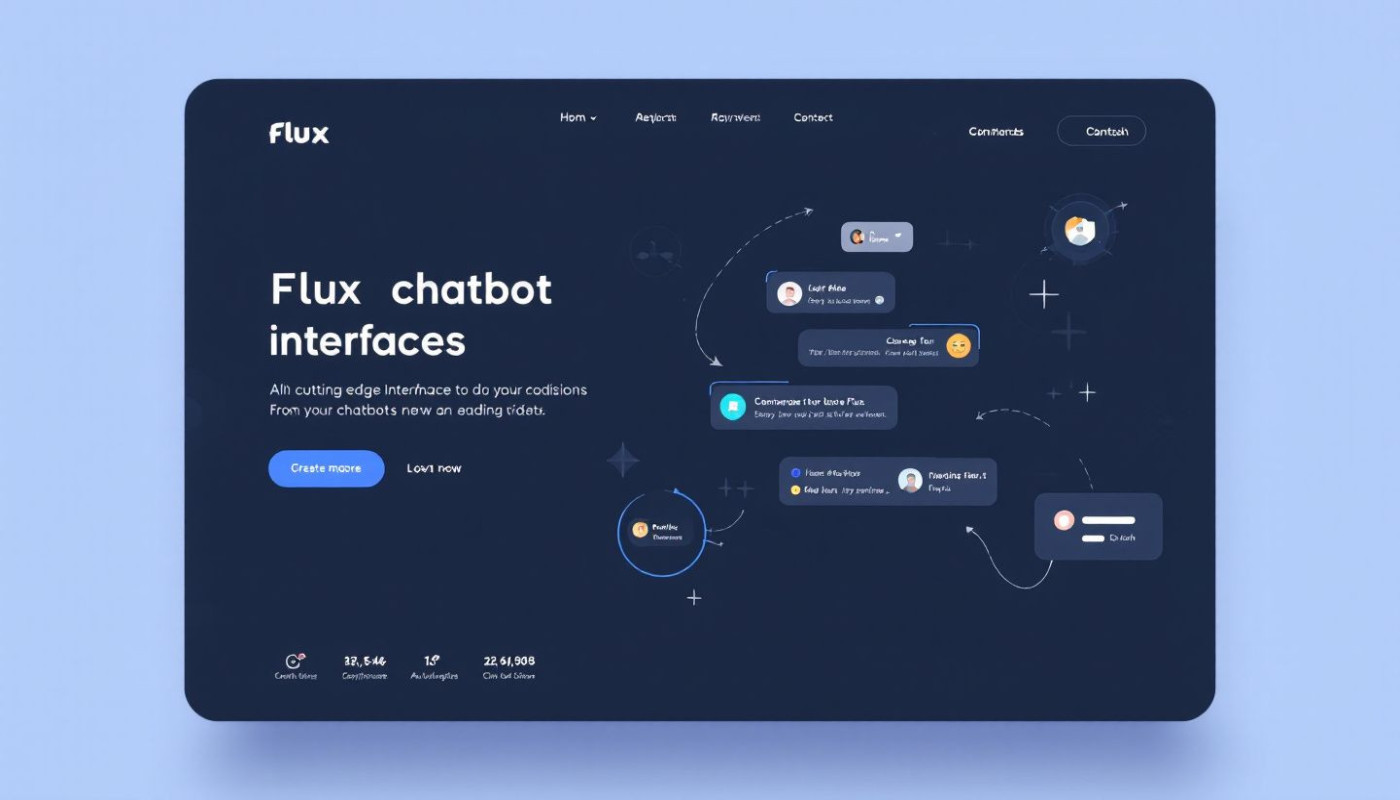Table of contents
In the realm of technology, AI and Quantum Computing are two behemoths that are radically reshaping our understanding of various industries. The marriage of these two powerful technologies could herald an unprecedented era of technological advancement, potentially altering the way we approach problem-solving, data analysis, and decision-making processes. This article intends to delve into the intriguing world of AI and Quantum Computing, exploring their synergy and the dramatic impact it could have on our future. Discover the potential of this game-changing combination, their present applications and the challenges faced in the pursuit of this technological utopia.
The Convergence of AI and Quantum Computing
Artificial Intelligence (AI) and Quantum Computing are two distinct, groundbreaking technologies that carry the potential to revolutionize our world. AI, grounded in Machine Learning and Neural Networks, is capable of developing systems that can learn, reason, and self-correct. Quantum Computing, on the other hand, harnesses the principles of quantum mechanics, such as Quantum Superposition and Quantum Entanglement, to process vast amounts of data at incredible speeds.
The integration of these technologies, often referred to as "AI integration", can result in a partnership that unlocks exponential computational power. The complex algorithms of AI, when powered by the speed and capacity of Quantum Computing, can handle tasks with an efficiency and accuracy previously unprecedented. This synergy creates a potent force in the field of technology.
Quantum Computing's superior computational abilities could drastically augment the capabilities of AI, thereby opening up new realms of possibilities. Interestingly, AI could reciprocate this enhancement by making Quantum Computing more accessible. Advanced Machine Learning algorithms can be employed to simplify the intricacies of Quantum Computing, making this highly sophisticated technology comprehensible and useful to a wider audience.
In conclusion, the blend of AI and Quantum Computing bears the potential to be a game changer, delivering a leap in computational power and accessibility that could shape the future of technology. This is a fascinating area of study for any AI and Quantum Computing researcher, with a plethora of exciting developments on the horizon.
Implications of AI and Quantum Computing Synergy
The amalgamation of AI and Quantum Computing holds immense potential for sector transformation, radically reshaping various facets of our society including healthcare, finance, logistics and beyond. The integration of Quantum Algorithms could potentially revolutionize the way we approach complex problems and improve decision-making frameworks in these sectors.
In healthcare, this powerful technological blend could supercharge diagnostic accuracy and speed, helping doctors to provide better, personalized care. In the finance sector, these transformative technologies could foster risk management, optimize portfolios, and streamline financial modelling which could lead to a profound economic impact. In logistics, improved route optimization and predictive maintenance, powered by AI and Quantum Computing, could drastically reduce operational costs and increase efficiency.
Despite these potential benefits, there are also potential drawbacks to consider. The adoption of AI and Quantum Computing could lead to increased complexity and require significant investment in infrastructure and training. Data security concerns are also paramount, as these technologies could potentially be exploited for malicious intent if not adequately safeguarded.
From a broader perspective, as much as AI and Quantum Computing could provide immense benefits, their integration also requires careful consideration of these potential drawbacks. Therefore, it is paramount for technology strategists and futurists to address these concerns and ensure a balanced and ethical adoption of these potentially game-changing technologies.
Real-world Applications of AI and Quantum Computing
The synergy of AI and Quantum Computing is at the forefront of technological innovation, offering promising implications for a multitude of sectors. One of the most compelling real-world applications is in the field of drug discovery. AI algorithms, coupled with the computational prowess of quantum computing, can expedite the process of identifying potential drug candidates, thereby revolutionizing the realm of pharmaceutical research.
Beyond the health sector, another noteworthy application lies in climate modeling. The combination of AI's analytic capabilities and quantum computing's immense processing power can enable more accurate predictions of weather patterns and climate change. This can potentially aid in devising effective strategies for environmental preservation.
Simultaneously, the field of finance can reap significant benefits from the AI and Quantum Computing synergy. By leveraging quantum simulation and optimization algorithms, financial modeling can be made more efficient. It can provide precise predictions, risk assessments, and investment strategies, transforming the way financial institutions operate.
All in all, these are just a few examples of the practical applications of AI and Quantum Computing. The fusion of these two technologies bears the potential to reshape numerous sectors, heralding an era of enhanced efficiency and innovation.
Challenges in the Pursuit of AI and Quantum Computing Integration
Overcoming the hurdles in the path of combining AI and Quantum Computing is no small feat and presents a set of distinct problems. A first major stumbling block is the construction of stable quantum computers. The highly specialized realm of Quantum Error Correction is central to this issue, as minute errors within the quantum states can lead to significant inaccuracies in computations. Furthermore, the high cost associated with Quantum Computing poses a significant barrier. From procuring the necessary high-end components to the cooling systems required for the operation of quantum systems, the expenditure can be daunting.
In addition to these, another significant challenge lies in the development of new algorithms tailored to operate in a quantum environment. Traditional algorithms are not suitable for quantum systems, necessitating the creation of a fresh breed of algorithms. These integration challenges between AI and Quantum Computing are vast but overcoming them could revolutionize the world of technology.
Future Prospects and Concluding Thoughts
In light of ongoing research, the future prospects for AI and Quantum Computing are immensely promising. The intersection of these two technological advancements is expected to redefine the way we understand and interact with complex systems. Many experts believe that we are on the cusp of achieving Quantum Advantage, a point where quantum computers outperform traditional ones in certain tasks.
The term 'Quantum Supremacy', however, refers to the potential of quantum computers to solve problems that classical computers practically cannot. This denotes an epochal shift in computational capabilities, and the impact on AI will be substantial. For this reason, it is pivotal to understand and invest in ongoing research in this domain.
As we navigate the future of AI and Quantum Computing, we must also contemplate the ethical and societal implications of these technological advancements. Thought leaders in the technology industry play a key role in this dialogue, shaping our understanding and preparing us for the quantum future. Concluding thoughts on this subject highlight the significance of further exploration and understanding of this rapidly evolving field.
On the same subject

Streamlining Your Business Operations With Effective Kubernetes Upgrade Deployment Strategies

Exploring The Ethical Implications Of AI Assistants In Decision-making

Streamlining Your Business Processes Through Efficient Kubernetes Upgrade Deployment

Enhancing Cluster Security With Advanced Kubernetes Audit Techniques

Ensuring Seamless Service During A Kubernetes Cluster Upgrade

Exploring Best Practices For A Seamless Kubernetes Cluster Upgrade

How Personalized AI Companions Transform Digital Interaction?

How Choosing The Right Chatbot Builder Can Elevate Your Brand's Customer Service

Exploring The Future Of Customer Service With Advanced Chatbot Builders

Benefits Of Dedicated Server Protection Against DDoS Attacks

Exploring The Role Of Non-Coding Platforms In Democratizing AI Chatbot Creation

Exploring Advanced Techniques In AI Art Creation

Exploring The Benefits Of Open-source Patching For Operating Systems

Exploring Multilingual Tech Support In Today's Digital World

Exploring The Benefits Of Integrating Free AI Chatbot Services Into Your Business

Tips On What To Do When A Major AI-powered Platform Is Inaccessible

